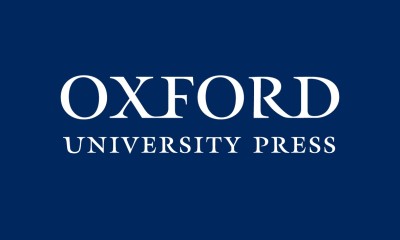Francisco Suárez, S.J. (1548-1617):
Last Medieval or First Early Modern?
Last Medieval or First Early Modern?
Links
Search
The Philosophy of Francisco Suarez:
Chapters Abstract [Downloads]:
Forthcoming from Oxford University Press:
The Philosophy of Francisco Suárez

Date of Publish: ?
Date available in store: ?
Book Content: 11 Chapters
Abstract: Chapter 10 [pdf download]
Author: Thomas Pink (King’s College London)
Reason and Obligation in Suárez
The paper discusses Suárez’s conception of obligation in the context both of his general theory of reason and rationality, of his theory of action, and of his theory of law in its various forms. Obligation, for Suárez, is a kind of directive standard on action - it directs and demands that we do what is right and avoid doing what is wrong. But how does this directive arise, in what does it consist, and how does it address and possess authority over how we act? The paper explores how at a fundamental level Suárez seeks to understand the directive authority of obligation in exactly the same terms as other late scholastics - in terms of a distinctive justificatory force or vis directiva of obligation. At the same time, more controversially, and in opposition to many other late scholastics, Suárez sought to understand the directive authority of obligation in terms of a hierarchy of legal superiority and subordination. The paper will also discuss Suárez’s theory of the distinction between obligations under natural law and obligations under positive law - and the peculiar difficulties that his theory faced in making sense of canon law. For in canon law we find a form of positive law that seems directly to address internal motivations as well as external actions, and in this respect operates as does natural law; but which like civil law is imposed and enforced by human authorities and tribunals that, like all such, directly address and monitor our external actions. Suárez’s theory of obligation is shown to be closely tied to a complex theory both of the constitution of human agency and of our epistemic access to the actions of our humans.